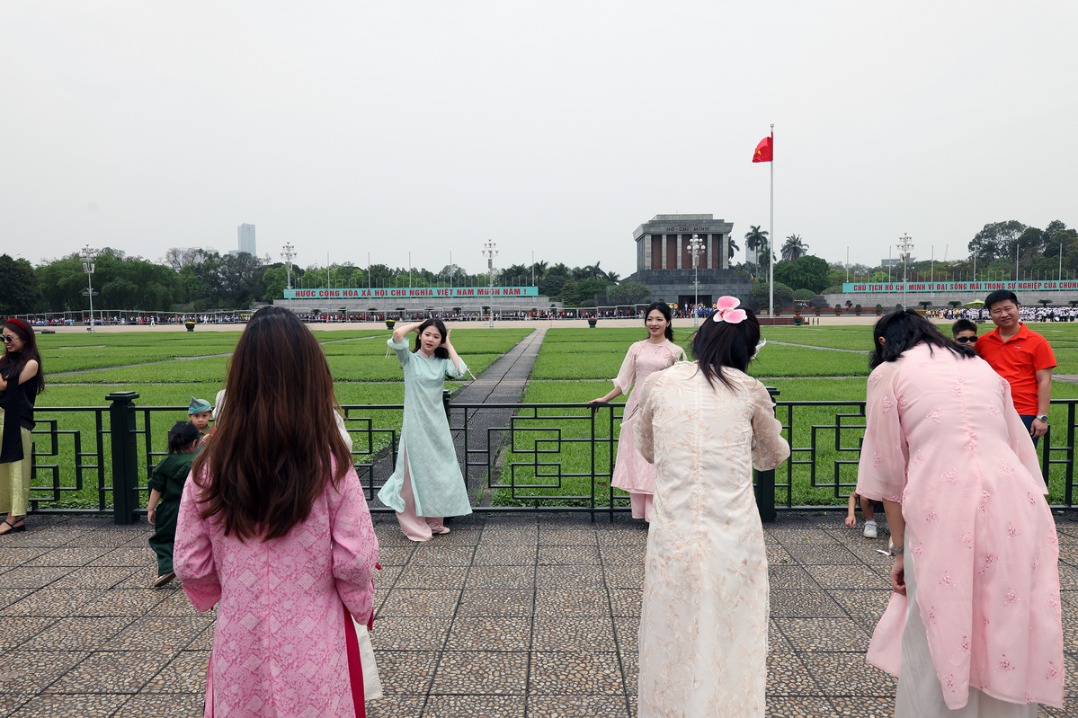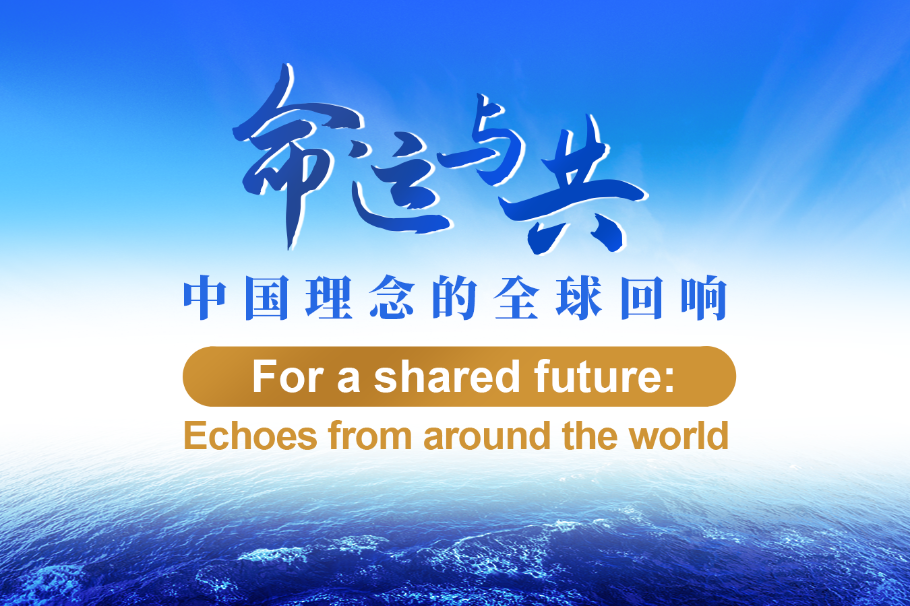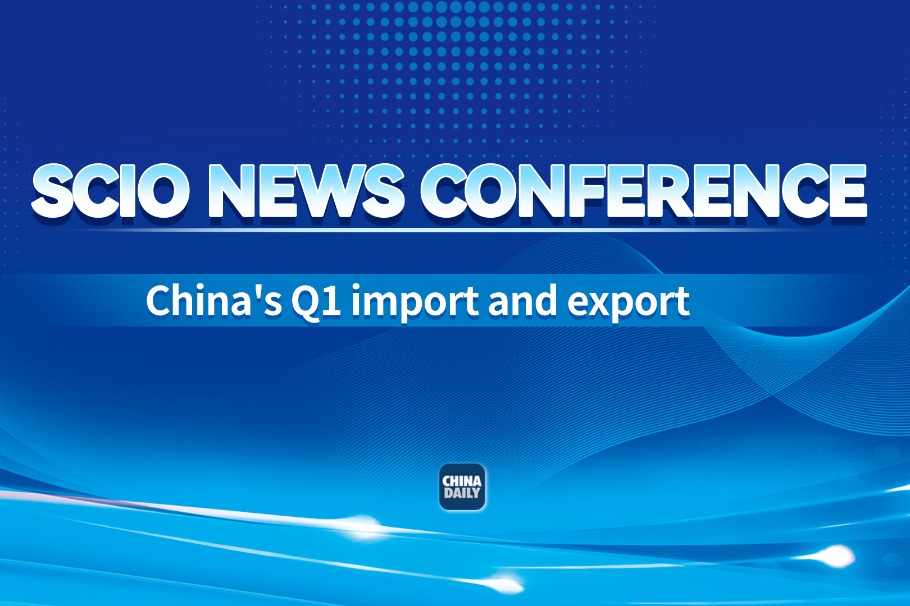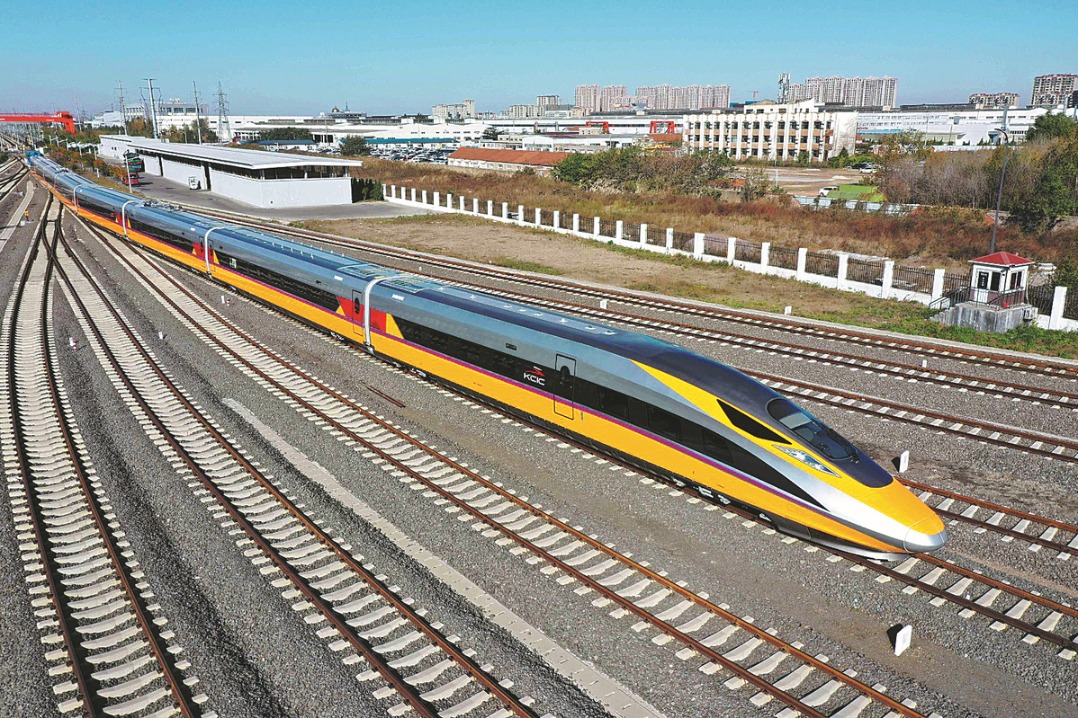US using Taiwan card risks imperiling ties


Editor's note: The Taiwan question is at the core of Sino-US relations. By disregarding it and ignoring Beijing's strong opposition to visit Taiwan on Aug 2, US House Speaker Nancy Pelosi has violated the one-China principle which the US and its leaders are obliged to adhere to according to the three Sino-US joint communiques that Washington has signed. Two experts share their views on the impact of Pelosi's move and overall Sino-US ties with China Daily.
After President Xi Jinping and US President Joe Biden spoke on the telephone, at the request of the latter, for more than two hours on July 28, China issued a news release, saying the two heads of state had a "candid communication and exchange on China-US relations and issues of interest" while the White House's readout said the phone call was intended to "maintain and deepen lines of communication between the United States and China and responsibly manage our differences and work together where our interests align".
Indeed, the protracted strains in China-US relations, the recent heightened tensions, in particular, make interactions at the strategic level between the two heads of state all the more important. Yet the US has been repeating that it wants to "responsibly manage our differences and work together" and doing just the opposite.
Ukraine crisis has made issues more complex
First, the Russia-Ukraine conflict has compounded the severity of global economic, political and security strains. As President Xi emphasized, the trends of turbulence and transformation continue to evolve, and deficits in development and security are looming.
Faced with a world in flux marked by disorder, the international community and people around the globe expect China and the US to take the lead in upholding peace and security, as well as in promoting global development and prosperity. This is a responsibility that China and the US, as two major countries, need to fulfill.
Second, the US is increasing, rather than decreasing, its pressure on China. The Biden administration is attempting to leverage the Russia-Ukraine conflict and other issues to form an international camp against China. This is a vain attempt to cobble together an anti-China front across regions and at different levels.
And third, US politicians are recklessly manipulating the Taiwan question, which will seriously imperil the political foundation of China-US relations, and risks triggering a military conflict.
The US' misguided policy toward China stems from its misperception. The US strategic community is dominated by minds that see relations in terms of competition, and in many cases they have taken competition up a notch and succumbed to confrontation. And the US' misinterpretation of China's policy intentions and long-term goals has led to threat inflation-exaggeration of the so-called China threat, for instance.
Political parties race to spin the "China threat" globally. Hence, during his conversation with Biden, Xi stressed that, by approaching and defining China-US relations in terms of strategic competition and labeling China as the primary US rival and most serious long-term challenge, Washington has misread China's development goals, which will prompt it to mislead the two peoples and the international community.
Undoubtedly, the skepticism and hostility the US harbors toward China are driven by its own predicament. In other words, against the backdrop of mounting polarization, intense partisan bickering and stalled economic and social reforms, the US needs to portray China as a strategic competitor in an attempt to divert public attention from external and domestic problems.
US administration faces many challenges
Eighteen months into office, Biden's domestic approval rating stands at a low 39 percent. The combination of internal and external challenges, including soaring inflation, a resurgent COVID-19 pandemic, the Russia-Ukraine conflict and especially the looming risk of economic recession, pose serious challenges to the US administration and directly impact the Democratic Party's electoral prospects in the midterm elections in November.
And history and reality both indicate that the attempt to suppress China is not the answer to the US' troubles. In fact, the Biden administration's willy-nilly approach to the trade war the Donald Trump administration launched against China may further aggravate the embattled US economy. As President Xi said, attempts to decouple or sever supply chains in defiance of existing laws will not help boost the US economy and instead make the global economy even more vulnerable.
During the July 28 talks, the Chinese side exhibited its responsibility as a major power, with Xi stressing that in the face of the increasingly grim global economic situation, the two countries should maintain communication to coordinate macroeconomic policy, maintain the stability of the global industry and supply chains, safeguard global energy and food security, and address other major issues. He also said the pandemic must be defeated as soon as possible to keep at bay the risks of stagnation and recession.
China, US should de-escalate tensions
On the Ukraine crisis and other challenges confronting global security and stability, Xi said China and the US should help de-escalate tensions in regional hot spots, and uphold the international system with the United Nations as the core and the world order underpinned by international law.
The Taiwan question was a key subject of the talks. In recent years, thanks to the US' increased strategic competition with China, the Taiwan question has occupied front and center in bilateral relations. The US' strategy is to use the Taiwan question as a lever to counterbalance China. It cries itself hoarse claiming tensions across the Taiwan Straits are rising, while increasing military operations in the area, which sends the wrong signals to Taiwan separatists. In so doing it also imperils Sino-US ties, and it is the real cause of the rising tensions across the Straits.
In reference to the many negative and dangerous moves the US has made using the Taiwan question, Xi stressed that the historical ins and outs of Taiwan are crystal clear and so is the status quo: the fact that both sides of the Taiwan Straits are part of one China.
US says one thing, does the opposite
The White House's news release issued after the Xi-Biden talks also said the three joint communiques are political commitments made by the two sides, and the "one-China" principle is the political foundation of Sino-US relations. It also made it clear that the US administration is firmly opposed to "Taiwan independence" and any interference by external forces in China's internal affairs.
More important, in response to US House Speaker Nancy Pelosi's visit to Taiwan on Aug 2, a Chinese Ministry of Foreign Affairs spokesman said that if the US keeps challenging China's bottom line, it will face a strong response and will have to bear all the consequences. And a spokesman for the Ministry of National Defense warned that the Chinese military will not sit idle but will take strong countermeasures to prevent any external forces from interfering in the country's internal matters, let alone promoting "Taiwan independence".
Biden did reiterate that Washington's "one-China" policy has not changed and will not change, and the US does not support "Taiwan independence". But the visit of the House speaker, the third-highest ranking leader in the US, belies that pledge.
Capable of safeguarding territorial integrity
The position of the Chinese government and people on the Taiwan question is clear. The Chinese government and the 1.4 billion Chinese people have the will and the capability to safeguard China's sovereignty and territorial integrity. No wonder the Chinese side said that "those who play with fire will perish by it" referring to the US side poking its nose in the Taiwan question and thereby aggravating cross-Straits tensions.
The July 28 talks between the two heads of state are of great significance for managing Sino-US relations at the strategic level. Yet due to the heightened domestic political strife and other factors in the US, there will likely be no letup in US attempts to amplify the "China threat" rhetoric or check China's rise or provoke China. As such, in the foreseeable future, the competition between China and the US will remain intense and complex.
Courtesy: chinausfocus.com
The views don't necessarily represent those of China Daily.
The author is a senior fellow at the Charhar Institute.
If you have a specific expertise, or would like to share your thought about our stories, then send us your writings at opinion@chinadaily.com.cn, and comment@chinadaily.com.cn.
































